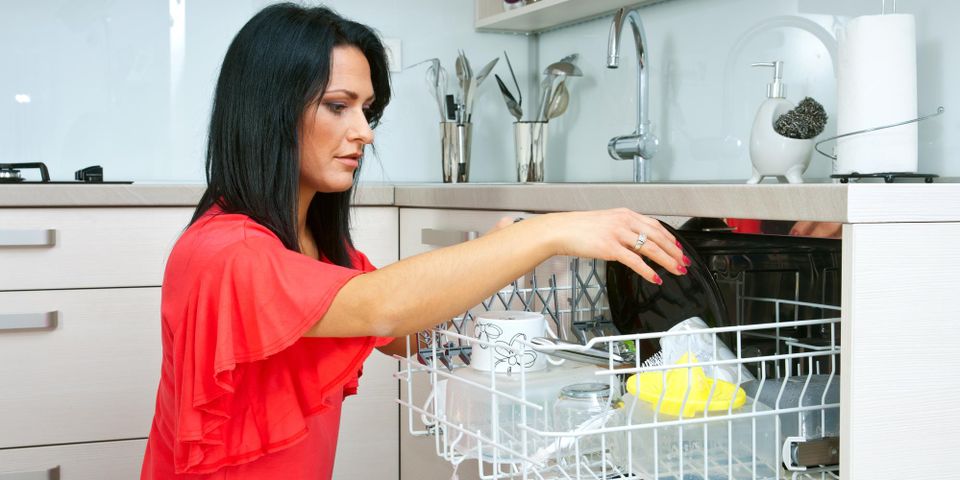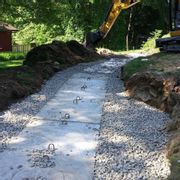
Your septic system is responsible for processing the liquid and solid waste from your household. The tank collects grease, fat, oil, and other solids, while wastewater is filtered into the adjoining drain field and dispersed via perforated pipes. Without proper septic maintenance, this plumbing system becomes susceptible to backups. Learn about a few common backup causes so you can be proactive about maintaining your own system.
Why Is Your Septic System Backing Up?
1. Improper Flushing Practices
Flushing items other than waste and toilet paper down the toilet can affect your septic tank, as can incorrect garbage disposal use. Feminine products, coffee grounds, cigarette butts, cotton swabs, and food products that have not fully broken down are among the items that do not belong in your septic tank. They disrupt natural bacterial breakdown processes and clog the system, causing plumbing backups.
2. Infrequent Septic Pumping
 Septic maintenance teams recommend pumping the tank every two to five years, depending on the number of people living in your home. Without regular pumping, the tank becomes overloaded with solids, which can back up into your home’s plumbing or cause the tank to crack and leak, resulting in serious contamination issues.
Septic maintenance teams recommend pumping the tank every two to five years, depending on the number of people living in your home. Without regular pumping, the tank becomes overloaded with solids, which can back up into your home’s plumbing or cause the tank to crack and leak, resulting in serious contamination issues.
2. Tree Roots
Septic systems must be installed 50 to 100 feet away from trees and shrubs depending on the species to prevent root infiltrations. Tree roots naturally look for water sources and gravitate towards septic tanks and pipes if they are close enough. Roots can squeeze there way into pipes or the tank, then they begin to grow, clogging the pipe. This causes backups because the waste has nowhere to go, and it can also inflict serious pipe and tank damage.
3. Hydraulic Overloading
Hydraulic overloading is when excessive water usage in a short period overwhelms your septic tank, resulting in wastewater backing up. Water conservation, like staggering washing machine use throughout the day and never running two major water-using appliances at the same time, can help prevents a flooded tank. Also Water softener systems cannot discharge into your septic tank, especially the salt based type. The salt type kills the bacteria in your septic tank which digests the solids into a sludge and the salt will also eat away your concrete septic tank and can cause it to cave in.
If your home’s system needs septic maintenance, turn to the trusted professionals at Abrahamson Septic, LLC. Offering residential and commercial septic services, this fully licensed and insured company helps clients throughout Preston, CT, and the surrounding areas avoid plumbing backups, among other issues. Call (860) 889-7939 today to request a septic pumping estimate or learn more about services online. Get the latest septic maintenance tips on Facebook.
About the Business
Have a question? Ask the experts!
Send your question

